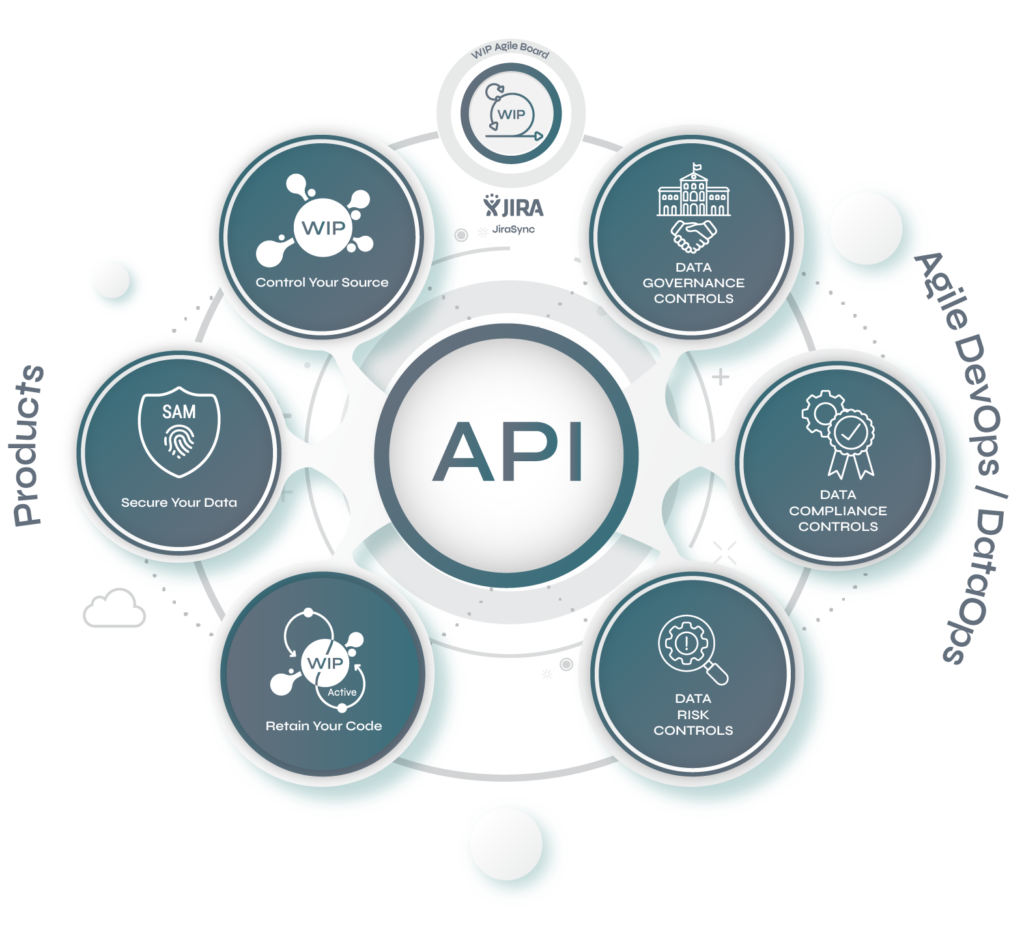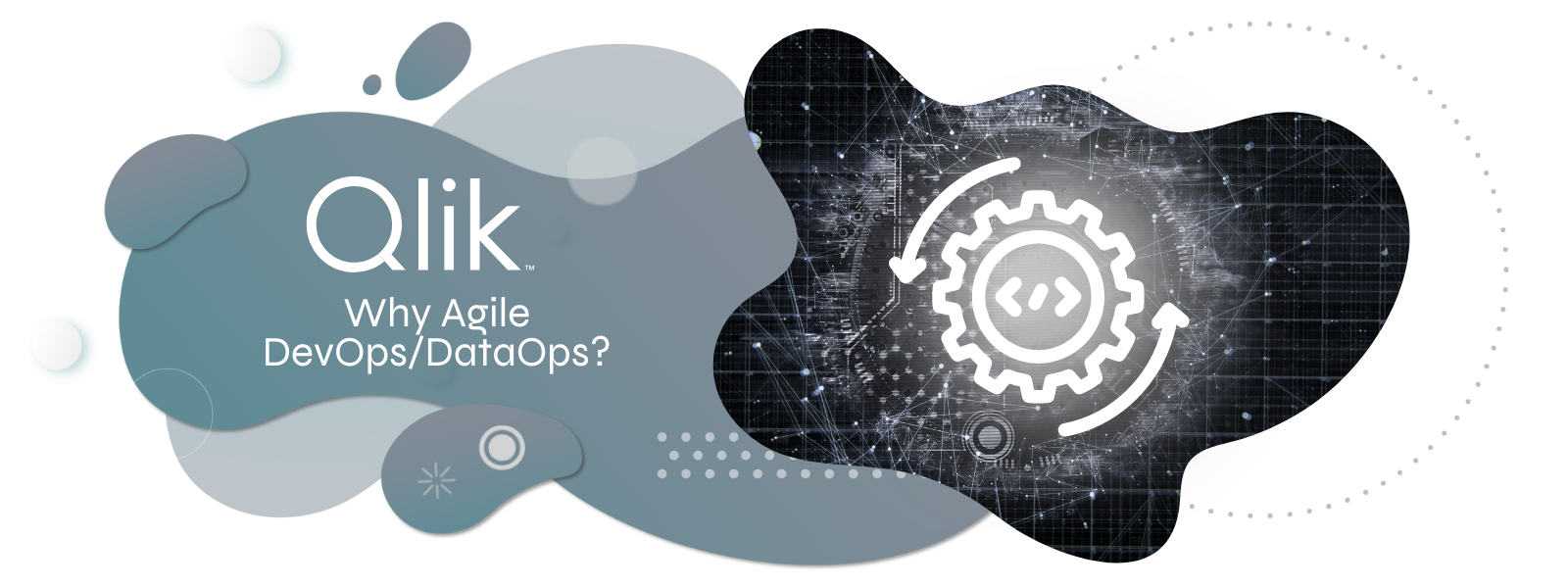Agile WIP DevOps/DataOps Value Proposition

Agile, DevOps, and DataOps are methodologies that aim to improve the efficiency and effectiveness of software development and data management processes. Each brings its own set of values:
Agile and DevOps emphasize iterative development and continuous delivery by including version control, allowing for quicker releases and faster time-to-market. This enables organizations to be more responsive to market demands.
Agile encourages collaboration between cross-functional teams, while DevOps extends this collaboration to include operations staff. This results in more effective communication and teamwork, leading to higher quality and better controlled products and more efficient processes.
Through continuous integration, automated testing, and iterative feedback, both Agile version controls and DevOps ensure that quality is built into the product from the very beginning. Issues are identified and resolved more quickly, leading to a more robust final product.
Agile's iterative approach allows for change controls to be incorporated at various stages of development. This flexibility makes it easier for teams to adapt to changes in requirements or market conditions.
DevOps emphasizes automation and infrastructure as version controlled code, which leads to more reliable and scalable systems. It ensures that the application runs smoothly in different environments and can handle growth and changes without major issues.
DataOps focuses on improving the flow of data and version controls through the organization. By automating data integration and ensuring data quality, DataOps makes it easier for organizations to leverage their data for decision-making and analytics.
DataOps includes practices for data governance, ensuring that data is consistent, reliable, and used responsibly. This is essential for regulatory compliance and for maintaining trust in data-driven decisions.
Through continuous monitoring and automated deployment strategies, DevOps can significantly decrease system downtime. This ensures that services are available when needed, which is critical for user satisfaction and business continuity.
By streamlining processes and version controls, automating repetitive tasks, and improving collaboration, Agile, DevOps, and DataOps can lead to significant cost savings. This includes reducing the costs associated with defects, delays, and inefficient processes.
Faster version releases with higher quality lead to higher customer satisfaction. Agile and DevOps enable organizations to be more responsive to customer feedback and to rapidly iterate and affect changes to products.
By ensuring that high-quality data is easily accessible, DataOps enables organizations to make more informed, data-driven decisions. This can lead to better business outcomes and a competitive advantage.
Through automated testing, continuous monitoring, and data governance through version control, DataOps and DevOps help in identifying and mitigating risks early in the process.
In summary, Agile Qlik Version Control for DevOps, and DataOps provide immense value by enhancing collaboration, improving quality, accelerating delivery, ensuring data governance, and increasing overall operational efficiency. These methodologies are particularly valuable in dynamic environments where requirements and conditions are constantly evolving.



